“We need art to both live and give our lives reason”: An interview with Little Wars director Hannah Chissick
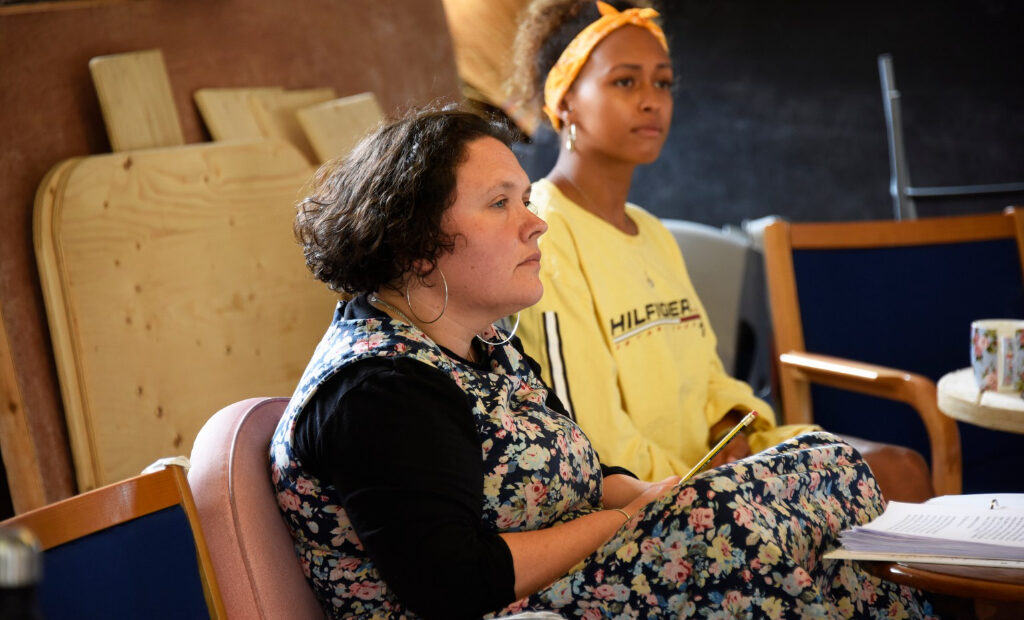
Hannah Chissick directs Little Wars, a revival of the dinner party drama written by American playwright Steven Carl McCasland.
Featuring performances from Juliet Stevenson, (Truly, Madly, Deeply; The Doctor, Almeida), Linda Bassett (Call The Midwife; East is East) and Sophie Thompson (Feel Good; Present Laughter, Old Vic) the piece explores gender biases and prejudice through fantastical conversations between top literary figures including Gertrude Stein, Dorothy Parker and Agatha Christie. The fly-on-the-wall gathering takes place on the night France collapses under Hitler’s invasion and serves as a reminder of the brutal and rife Antisemitism gripping 1940s Europe.
The team put the production together in aid of the charity Women for Refugee Women, a cause close to the entire cast and crew. We spoke to Chissick about the adaptation process, the brilliant female leads she’s inspired by and how this play compares to her previous work.
Hi Hannah, thank you for taking the time to do this interview with us. Could you tell our readers a little bit about what inspired you to direct Little Wars?
Well, to be totally honest, the producer Thomas Hopkins sent me an email that had the details of the casting and I was sold. I mean, who in their right mind would say no to that incredible cast of women! I thought I better read the play and as a huge bonus it turned out to be equally as exciting.
This is going to be a digital production because of the unparalleled pandemic situation. Were there any particular challenges you and your team faced?
We make live theatre, that’s what we do. We thrive on being in a room together making something, exploring the world of the play and collaborating. So whilst the technical elements are of course a challenge – rehearsing on zoom, working out how to read a script and look at a camera, making sure we all captured sound and video remotely – I actually think the biggest challenge is not being together; not being able to look into each other’s eyes and connect.
What was your favourite scene from the drama?
Steven has written the most brilliant exploration of seven incredible and inspiring women, set against the backdrop of World War II.The entire piece is a feast of revelations both personal and political. But, if I had to choose it would probably be Gertrude Stein’s beautiful monologue about reaching self-acceptance through falling in love with her life partner Alice B Toklas.
1940s occupied France is a world away from Flashdance, the previous show you directed. Is there anything you took from your prior experiences or work that helped in devising this revival?
I have been directing for many years now and directed over 200 plays and musicals. Inevitably some of those shows have more in common with this play than others – I imagine you chose Flashdance as on paper that is one that seems to have very little in common, but ultimately for me it is always about the pursuit of truth. The style you tell that truth in is very different in Flashdance to Little Wars, but the process and the endeavour are actually much the same. I think we have a history in this country of things we consider high and low art; anything popular being considered low art. Interestingly Little Wars touches on this to some extent in the perceived difference in the work of Agatha Christie and the other writers in the play.
What were your highlight moments from putting it all together?
This is a simple one: being in the company of such incredible women, both the actresses and the characters they play.
In what ways do you think Little Wars will open up a dialogue about the issues we are facing today?
Steven has managed to write an incredible play that explores each of the women’s lives and in doing so examines some of life’s greatest questions: love, sexual identity, artistic merit, morality, mortality and what it is to be a woman. But also, at a time when art is under such threat, so undervalued and belittled, the play reminds us of the power and the beauty of art and artists, and how we need art to both live and give our lives reason.
Who is your literary inspiration from the six figures in this theatrical party and why?
Well, this is tough because they are all phenomenal women and artists. However, I have had a lifelong love affair with Dorothy Parker. Her writing has always been a passion of mine, but more so I have also always been drawn to her as a woman – seemingly a contradiction on so many levels, a great wit and a great depressive, a sharp-tongued opponent and a vulnerable child. Both in this play and in my own life she moves me, amuses me and simultaneously breaks my heart.
What are some things you are hoping audiences glean from the show?
I hope the audience gets the same pleasure I did from being in the company of such brilliance. The women in the play have an enviable ability to get to the heart of what it is to be a human and have the language and artistry to express this in ways both beautiful and at times brutal. The combination of them all together is often hilarious and at the same time thought-provoking.
Have you thought about what you might be working on after this production? Can you tell us a little about any future projects you may have lined up?
I have been insanely fortunate to have been busy working on multiple projects during lockdown, but we now have to wait to see how and when we will be able to take them to the next level. For now, the battle for theatres’ survival is everyone’s duty and we must support each other as best we can until we can all be back doing what we do together.
Selina Begum
Little Wars will be streamed online from 3rd to 8th November 2020. For further information or to book, visit the website here.

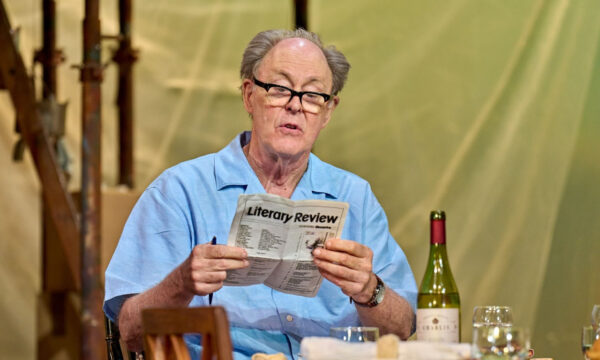
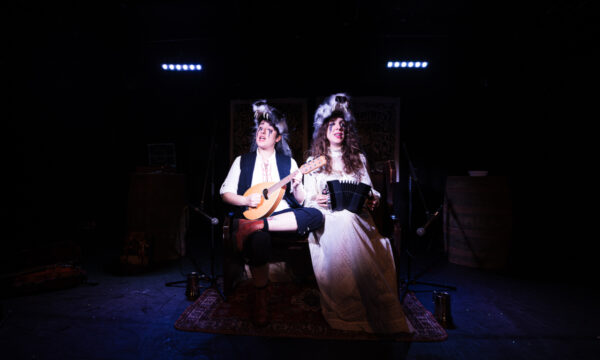
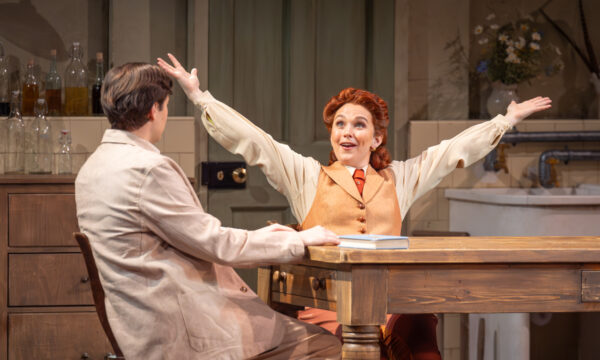
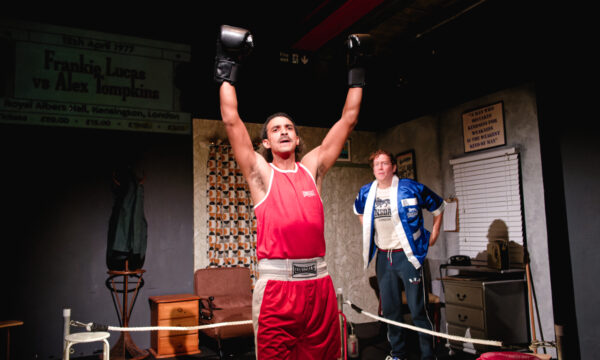
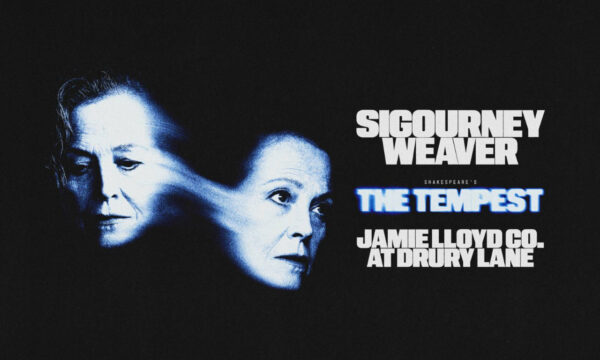
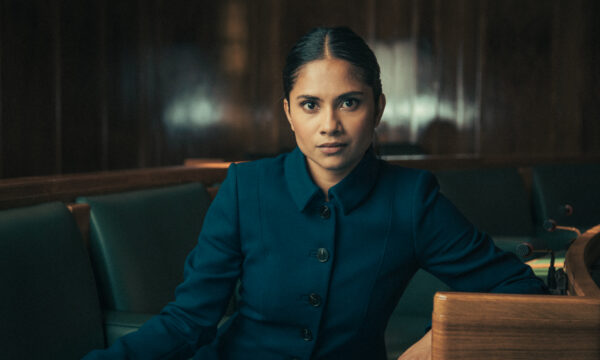
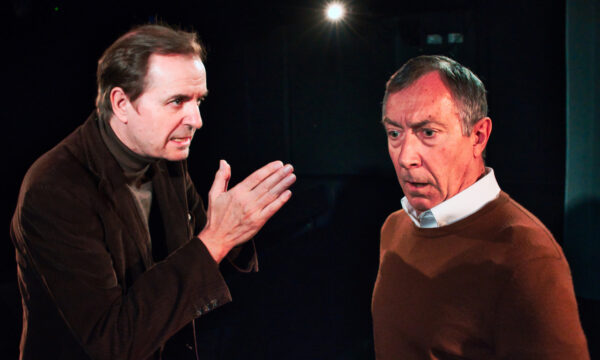
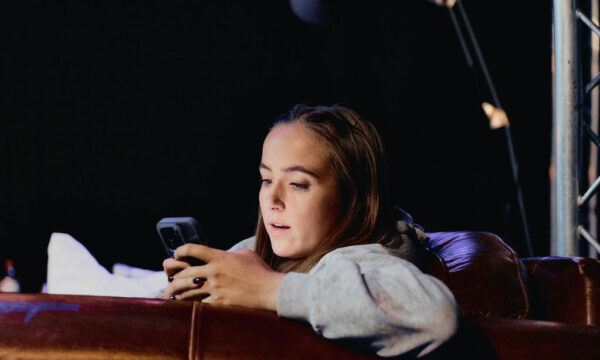
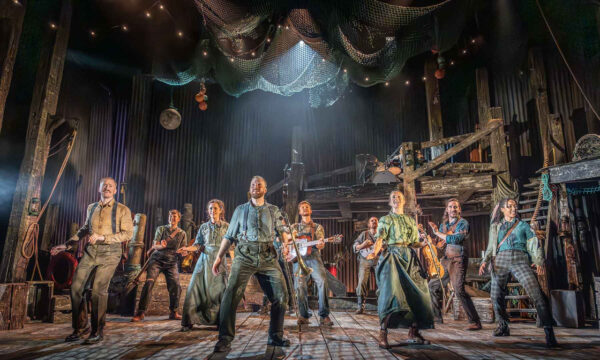









Facebook
Twitter
Instagram
YouTube
RSS